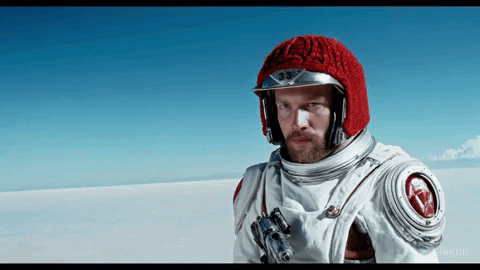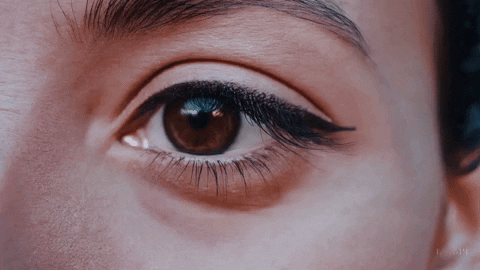OpenAI, which has taken the AI world by storm with Chat-GPT and its text-to-image generator DALL-E, is upping the ante with a brand new text-to-video platform.
The tech large launched Sora on Thursday (February 15). It’s an AI-based text-to-video generator that permits customers to create as much as one-minute movies utilizing solely textual content prompts. Sora has a easy textual content area the place customers can enter any textual content prompts. It then returns a video that matches the request, no matter how detailed the request is.

After OpenAI introduced the information, CEO Sam Altman took to X (previously Twitter) the place he requested his followers for recommendations. He then retweeted movies based mostly on these requests, together with one among two golden retrievers doing a podcast on a mountaintop. Sora created the video with ease
OpenAI’s web site additionally options quite a few examples of Sora in motion, together with a video generated by a textual content immediate calling for “a litter of Golden Retriever puppies to play within the snow.” The ensuing footage seems pretty real looking, though the physics of the snow being thrown round could require some fine-tuning.
Textual content prompts will be very particular and nonetheless produce spectacular outcomes. Here is a clip of what got here from this detailed immediate: “A film trailer that includes the adventures of the 30-year-old house man sporting a knitted crimson wool motorbike helmet, blue sky, salt desert, cinematic fashion, shot on 35mm movie, vivid colours.“

Regardless of its apparent promise, Sora is not obtainable for public use, and the corporate made clear in a weblog submit that it is solely making it obtainable to a gaggle of testers and other people within the artistic neighborhood to check out with the aim of constructing enhancements. OpenAI didn’t say when Sora can be publicly obtainable, though the corporate advised NBC Information that it “won’t be usually obtainable in our merchandise quickly.”
Nonetheless, it appears seemingly that Sora might be obtainable sooner or later, contemplating there are different firms within the house, together with US-based Runway and UK-based Synthesia.
Whereas OpenAI’s first movies are enjoyable and the expertise sounds thrilling for these totally invested in AI, it raises questions in regards to the limits of what will be created with the platform. With an increasing number of deepfakes circulating on the web, Sora might very simply be used for nefarious functions. And contemplating how detailed somebody will be when requesting a video, it is fully doable for customers to create faux movies to be shared on social media that others suppose are real looking.

To fight this, OpenAI plans to embed metadata and different artifacts into its movies in order that Web customers can shortly decide whether or not a video was created with Sora. The corporate additionally hopes its group of testers and specialists will determine areas the place misinformation or different dangerous content material may very well be generated by malicious actors and root them out earlier than Sora goes public.
Nonetheless, OpenAI acknowledged that it could not contemplate all potentialities.
“Regardless of in depth analysis and testing, we can’t predict all the methods during which folks will use our expertise, nor all the methods during which they may abuse it,” OpenAI stated in a weblog submit. “That’s why we consider that studying from observe is a essential element in growing and releasing more and more safe AI techniques over time.”
At first look, Sora’s movies look attention-grabbing, however some are clearly faux and lack the decision and realism you’d anticipate from a real-world video. Nonetheless, with sufficient time to check and enhance, it ought to be fascinating to see what Sora can provide when it is launched to the general public.



